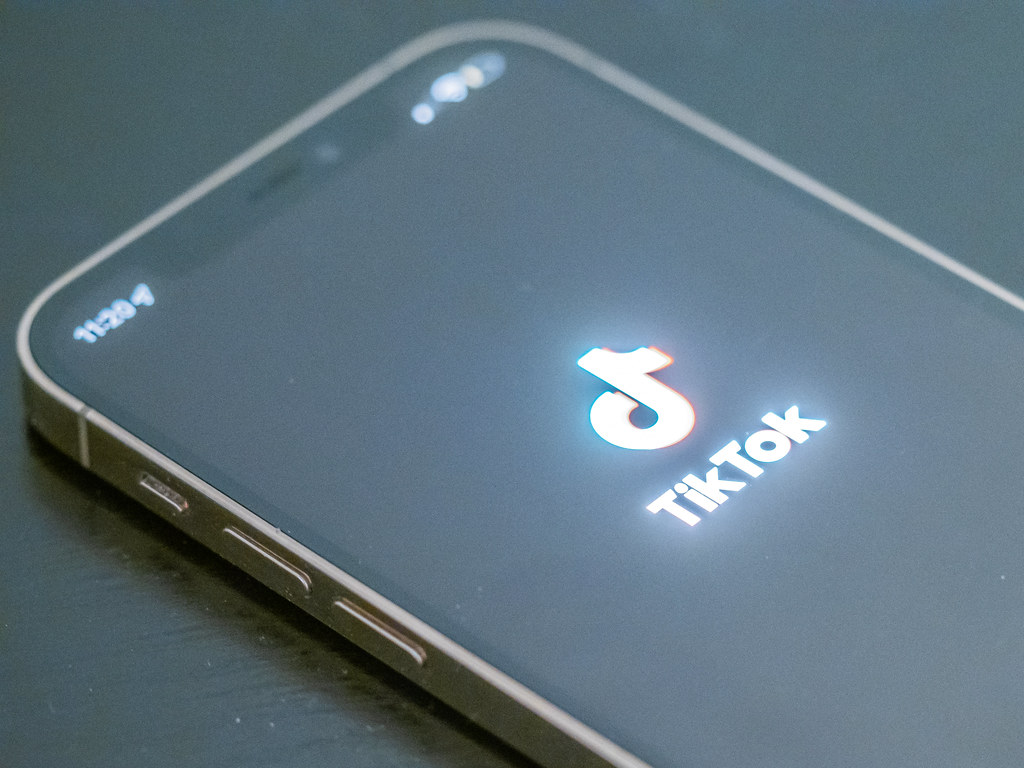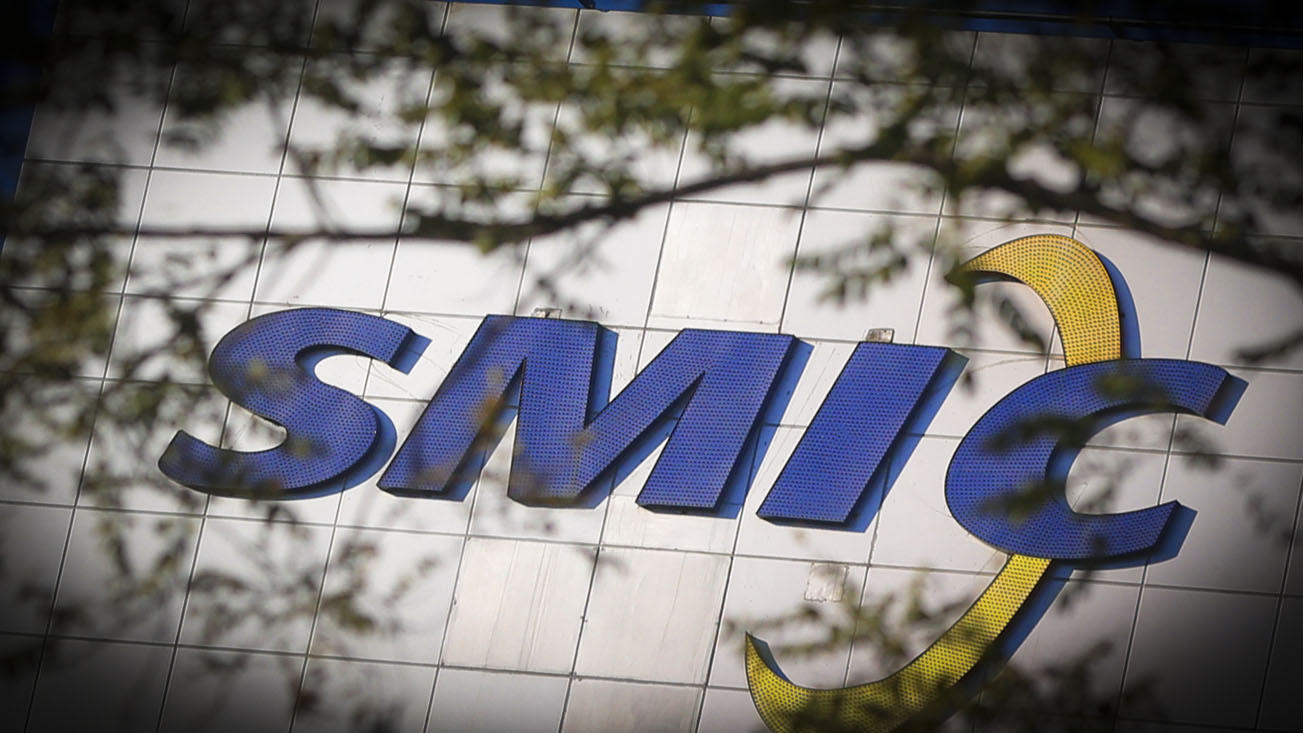A leading Republican lawmaker has voiced strong concerns over the Biden administration’s approach to regulating China’s Semiconductor Manufacturing International Corp (SMIC), arguing that not enough is being done to counter the chipmaker’s influence in bolstering China’s technological and military capabilities. Michael McCaul, who chairs the House Foreign Affairs Committee, is pushing for more aggressive action from the U.S. Commerce Department to ensure SMIC is not bypassing U.S. export laws.
In a letter dated Nov. 4, McCaul called on Commerce Department agents to conduct on-site inspections at SMIC’s facilities. The purpose would be to determine whether SMIC is illegally manufacturing chips for Huawei, a telecommunications giant and significant player in China’s chip industry that remains under U.S. sanctions. McCaul emphasized growing bipartisan dissatisfaction with how the Commerce Department’s Bureau of Industry and Security (BIS) is handling reports of Huawei’s alleged circumvention of U.S. restrictions.
“There is growing evidence that SMIC is violating U.S. export control laws,” McCaul stated in his letter to BIS Under Secretary Alan Estevez. He underscored that if China refuses to permit a “comprehensive audit of all SMIC facilities and its books,” the BIS should consider suspending all existing licenses for SMIC. McCaul pointed to recent technological advances by SMIC, such as a sophisticated chip used in a Huawei smartphone and plans to manufacture over a million AI processors for Huawei, as potential evidence of violations.
The Commerce Department acknowledged receipt of McCaul’s letter, indicating it would respond via “appropriate channels.” Previously, the department had defended its stance, asserting that no administration has been stricter on China. SMIC and Huawei both declined to comment on the issue. Meanwhile, the Chinese embassy in Washington criticized U.S. politicians for “overstretching the concept of national security” and for politicizing matters related to science, technology, and trade.
SMIC has been on the Commerce Department’s Entity List since 2020 due to alleged links to China’s military industrial complex, while Huawei was added in 2019 following accusations of sanctions violations. Although inclusion on this restricted trade list generally blocks U.S. shipments to the listed firms, exemptions under the Trump administration allowed for licenses authorizing billions in U.S. exports to Huawei and SMIC. Both companies have consistently denied any wrongdoing.











